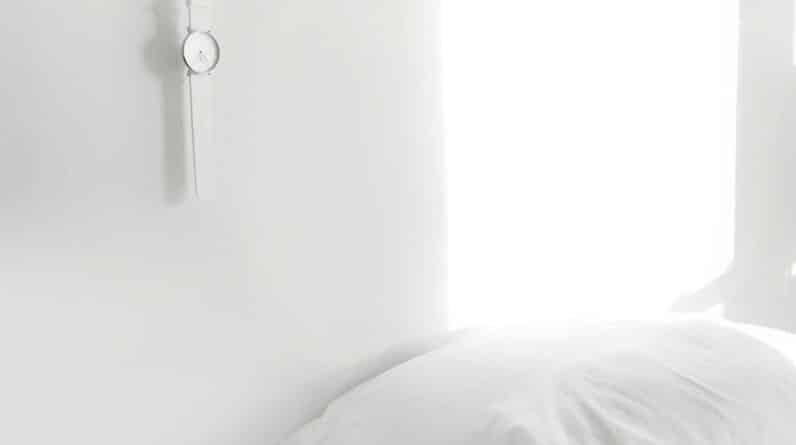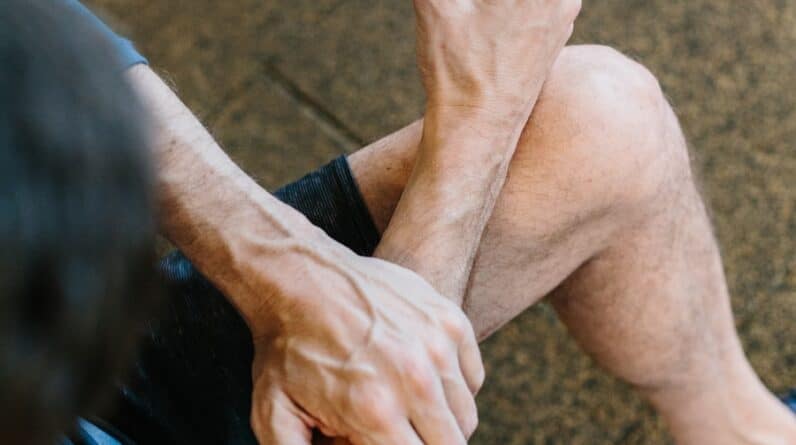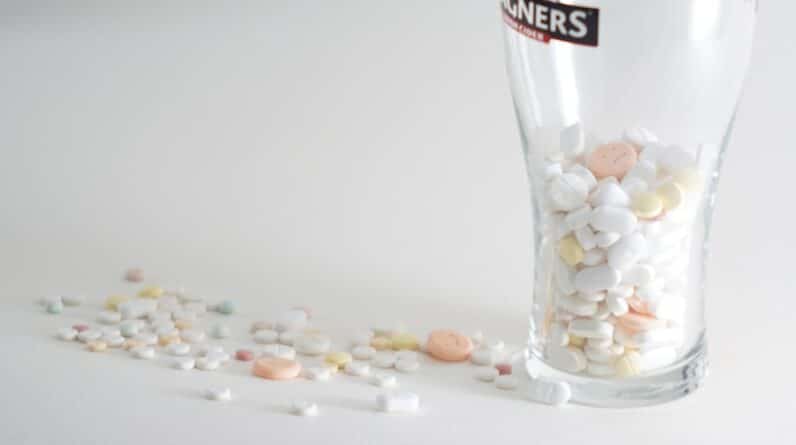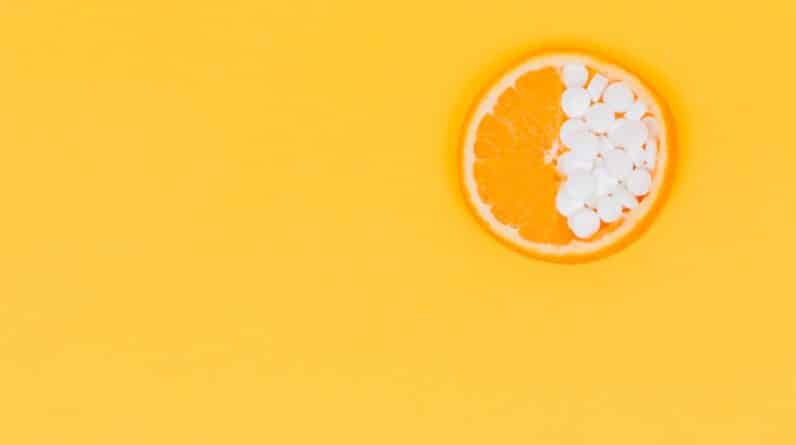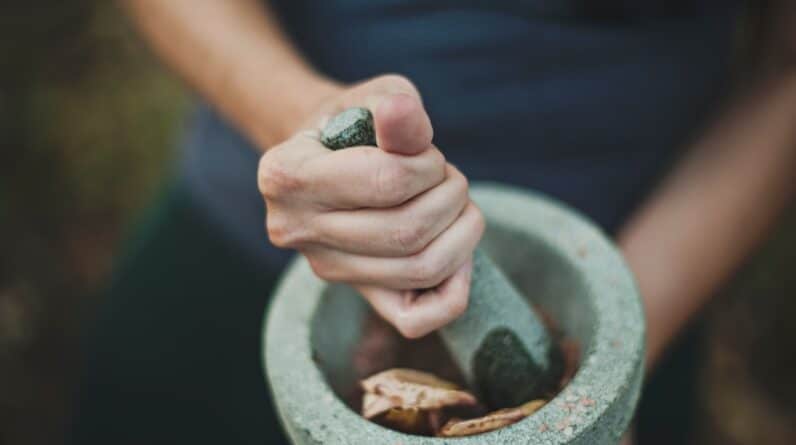Reclast, known generically as zoledronic acid, is a medication primarily used to treat osteoporosis and other conditions that lead to bone loss. It works by inhibiting the activity of osteoclasts, the cells responsible for bone resorption, thereby helping to maintain or increase bone density. If you are considering Reclast, it’s essential to understand both its benefits and potential side effects.
While many patients find success with this treatment, others may experience adverse reactions or may not be suitable candidates for the drug due to underlying health conditions. As you explore your options, it’s crucial to consider alternatives to Reclast. These alternatives can range from other medications, such as bisphosphonates or hormone replacement therapy, to natural remedies and lifestyle changes that promote bone health.
Each option has its own set of benefits and drawbacks, and what works for one person may not be effective for another. Therefore, it’s important to educate yourself about these alternatives and discuss them with your healthcare provider to determine the best course of action for your individual needs.
Key Takeaways
- Reclast is a medication used to treat osteoporosis and its alternatives include other bisphosphonates, hormone therapy, and denosumab.
- Natural ways to promote bone health include getting enough sunlight for vitamin D, consuming calcium-rich foods, and engaging in weight-bearing exercises.
- Dietary changes for stronger bones involve increasing intake of calcium, vitamin D, and magnesium through foods like dairy products, leafy greens, and nuts.
- Exercise and physical activity, such as walking, dancing, and weightlifting, can help improve bone strength and reduce the risk of fractures.
- Herbal supplements and remedies like red clover, horsetail, and black cohosh may support bone health, but should be used with caution and under the guidance of a healthcare professional.
Natural Ways to Promote Bone Health
Vitamin D: The Key to Calcium Absorption
Ensuring you get adequate sunlight exposure can significantly boost your vitamin D levels, which is essential for calcium absorption. You might consider spending time outdoors or incorporating vitamin D-rich foods into your diet, such as fatty fish, egg yolks, and fortified dairy products.
Exercise for Stronger Bones
In addition to sunlight and diet, engaging in weight-bearing exercises can also enhance bone strength. Activities like walking, jogging, or dancing stimulate bone formation and help maintain bone density.
A Holistic Approach to Bone Health
You may find that incorporating these exercises into your routine not only benefits your bones but also improves your overall physical fitness and mental well-being. By embracing these natural methods, you can take proactive steps toward maintaining healthy bones without solely relying on medications.
Dietary Changes for Stronger Bones

Your diet plays a pivotal role in maintaining strong bones. To support bone health, it’s essential to focus on foods rich in calcium and other vital nutrients. Dairy products like milk, yogurt, and cheese are excellent sources of calcium, but if you are lactose intolerant or prefer plant-based options, consider leafy greens such as kale and broccoli or fortified plant milks.
Additionally, nuts and seeds, particularly almonds and sesame seeds, can provide a healthy dose of calcium along with other beneficial nutrients. Moreover, it’s important to include foods rich in magnesium and vitamin K in your diet. Magnesium helps convert vitamin D into its active form, which is crucial for calcium absorption.
Foods like whole grains, legumes, and dark chocolate are great sources of magnesium. Vitamin K, found in green vegetables like spinach and Brussels sprouts, plays a significant role in bone metabolism. By making these dietary changes, you can create a nutrient-dense eating plan that supports your bones and overall health.
Exercise and Physical Activity for Bone Strength
Regular physical activity is one of the most effective ways to strengthen your bones and prevent osteoporosis. Engaging in weight-bearing exercises forces your bones to work against gravity, which stimulates bone formation. You might consider activities such as running, hiking, or even playing sports like basketball or tennis.
These exercises not only enhance bone density but also improve balance and coordination, reducing the risk of falls. Incorporating strength training into your routine is equally important for bone health. Lifting weights or using resistance bands can help build muscle mass, which in turn supports your bones by providing them with the necessary strength to withstand stress.
Aim for at least 30 minutes of moderate exercise most days of the week. By making physical activity a regular part of your life, you can significantly improve your bone health while enjoying the myriad benefits of an active lifestyle.
Herbal Supplements and Remedies for Bone Health
Herbal supplements can be a valuable addition to your regimen for promoting bone health. Certain herbs have been traditionally used for their potential benefits in strengthening bones and preventing osteoporosis. For instance, red clover is often touted for its phytoestrogen content, which may help maintain bone density in postmenopausal women.
Similarly, horsetail is rich in silica, a mineral that supports collagen formation and may contribute to stronger bones. Another popular herbal remedy is nettle leaf, known for its high mineral content including calcium and magnesium. You might consider incorporating these herbs into your diet through teas or capsules after consulting with a healthcare professional.
While herbal supplements can offer benefits, it’s essential to approach them with caution and ensure they complement a balanced diet and healthy lifestyle.
Lifestyle Changes for Better Bone Health

Making lifestyle changes can have a profound impact on your bone health over time. One of the most significant changes you can make is to quit smoking if you currently smoke. Research has shown that smoking can lead to decreased bone density and an increased risk of fractures.
By eliminating this habit, you not only improve your bone health but also enhance your overall well-being. Additionally, moderating alcohol consumption is crucial for maintaining strong bones. Excessive alcohol intake can interfere with calcium absorption and disrupt the balance of hormones that regulate bone health.
Aim to limit alcohol to moderate levels—generally defined as one drink per day for women and two drinks per day for men. By adopting these lifestyle changes, you can create a healthier environment for your bones to thrive.
Alternative Treatments for Osteoporosis and Bone Loss
In addition to conventional treatments like Reclast, there are various alternative therapies that may help manage osteoporosis and promote bone health. One such option is acupuncture, which some studies suggest may improve bone density by enhancing blood flow and stimulating the body’s natural healing processes. If you are open to holistic approaches, exploring acupuncture could be beneficial.
Another alternative treatment worth considering is chiropractic care. Some individuals find that spinal adjustments can improve posture and alignment, potentially reducing the risk of fractures associated with osteoporosis. While these alternative treatments may not replace traditional medications entirely, they can serve as complementary therapies that enhance your overall approach to managing bone health.
Consulting with a Healthcare Professional for Reclast Alternatives
Before making any decisions regarding your treatment plan for osteoporosis or bone loss, it’s essential to consult with a healthcare professional. They can provide personalized advice based on your medical history, current health status, and specific needs. Discussing alternatives to Reclast with your doctor will allow you to explore various options that may be more suitable for you.
Your healthcare provider can also help you navigate the complexities of different treatments and lifestyle changes that promote bone health. They may recommend specific tests to assess your bone density or suggest tailored dietary plans and exercise regimens that align with your goals. By working closely with a healthcare professional, you can develop a comprehensive strategy that empowers you to take charge of your bone health effectively.
In conclusion, understanding Reclast and its alternatives is just the beginning of your journey toward better bone health. By embracing natural methods, making dietary changes, engaging in regular exercise, exploring herbal remedies, adopting healthier lifestyle habits, considering alternative treatments, and consulting with healthcare professionals, you can create a holistic approach that supports strong bones throughout your life. Taking proactive steps today will pave the way for a healthier tomorrow.
If you are interested in learning more about the nutrients needed daily for optimal health, check out this article. It provides valuable information on essential vitamins and minerals that can help support overall well-being. Additionally, if you are looking to improve the health of your skin, hair, and nails, you may want to explore this article. Understanding what the body needs to be healthy is crucial for maintaining a strong and vibrant lifestyle, so be sure to read up on this informative piece.
FAQs
What is Reclast?
Reclast is a prescription medication used to treat or prevent osteoporosis in postmenopausal women and in men. It belongs to a class of drugs called bisphosphonates, which work by slowing down the breakdown of bone.
What are the potential side effects of Reclast?
Common side effects of Reclast may include flu-like symptoms, fever, muscle or joint pain, headache, and nausea. More serious side effects can include kidney problems, low calcium levels, and bone damage in the jaw.
Are there natural alternatives to Reclast for promoting strong bones?
Yes, there are natural alternatives to Reclast that can help promote strong bones. These alternatives include maintaining a healthy diet rich in calcium and vitamin D, engaging in weight-bearing exercises, and avoiding smoking and excessive alcohol consumption.
What are some natural sources of calcium and vitamin D?
Natural sources of calcium include dairy products, leafy green vegetables, and fortified foods such as orange juice and tofu. Vitamin D can be obtained from sunlight exposure, fatty fish, egg yolks, and fortified foods like milk and cereal.
How effective are natural alternatives in promoting strong bones compared to Reclast?
Natural alternatives can be effective in promoting strong bones when combined with a healthy lifestyle. However, it’s important to consult with a healthcare professional to determine the best approach for individual bone health needs.
Are there any risks associated with natural alternatives for bone health?
While natural alternatives for bone health are generally safe, it’s important to be mindful of potential risks. For example, excessive calcium intake can lead to kidney stones, and overexposure to sunlight for vitamin D can increase the risk of skin cancer. It’s important to maintain a balanced approach and consult with a healthcare professional.


